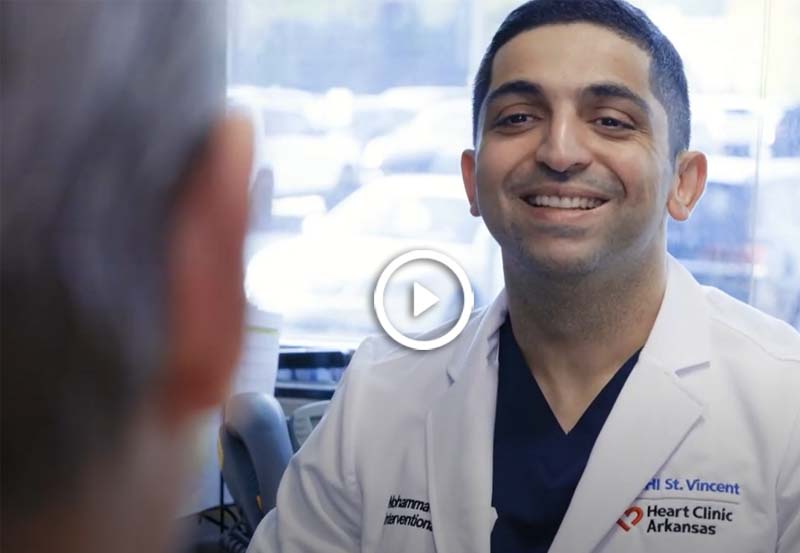
“The process of plaque buildup starts at a very early age. That’s why it’s important to screen for risk factors for developing heart disease or coronary artery disease early in life,” says Dr. Al-Sarie, an interventional cardiologist with the CHI St. Vincent Heart Clinic.

Quickly see the most common signs and symptoms of a heart attack and how they compare with similar conditions like strokes, heartburn, angina, and more.
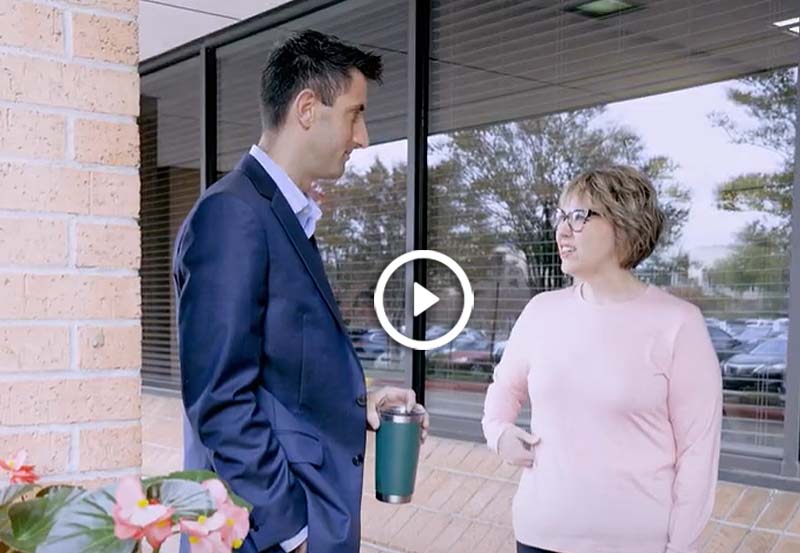
Weight loss surgery is a commitment to your body and to your health. Don’t be embarrassed to take the first step because it’s a tool to help you get where you need to be.

The New Year brings changes, and unfortunately some are out of our control. However, what about those changes that we can control?
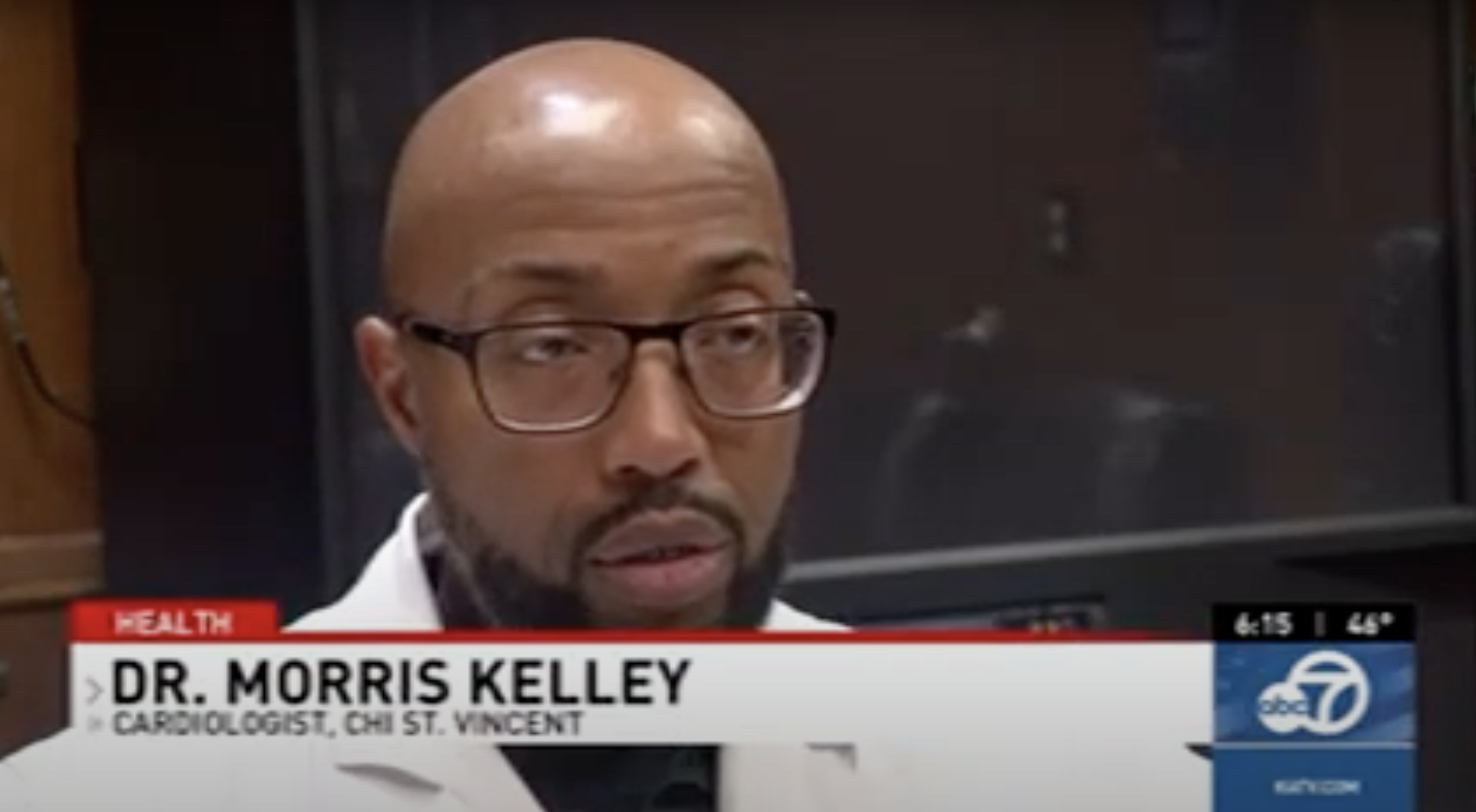
Dr. Morris Kelley, CHI St. Vincent Heart Institute cardiologist, discusses how overindulging in holiday festivities and the pressures of the season can increase the stress on your heart.
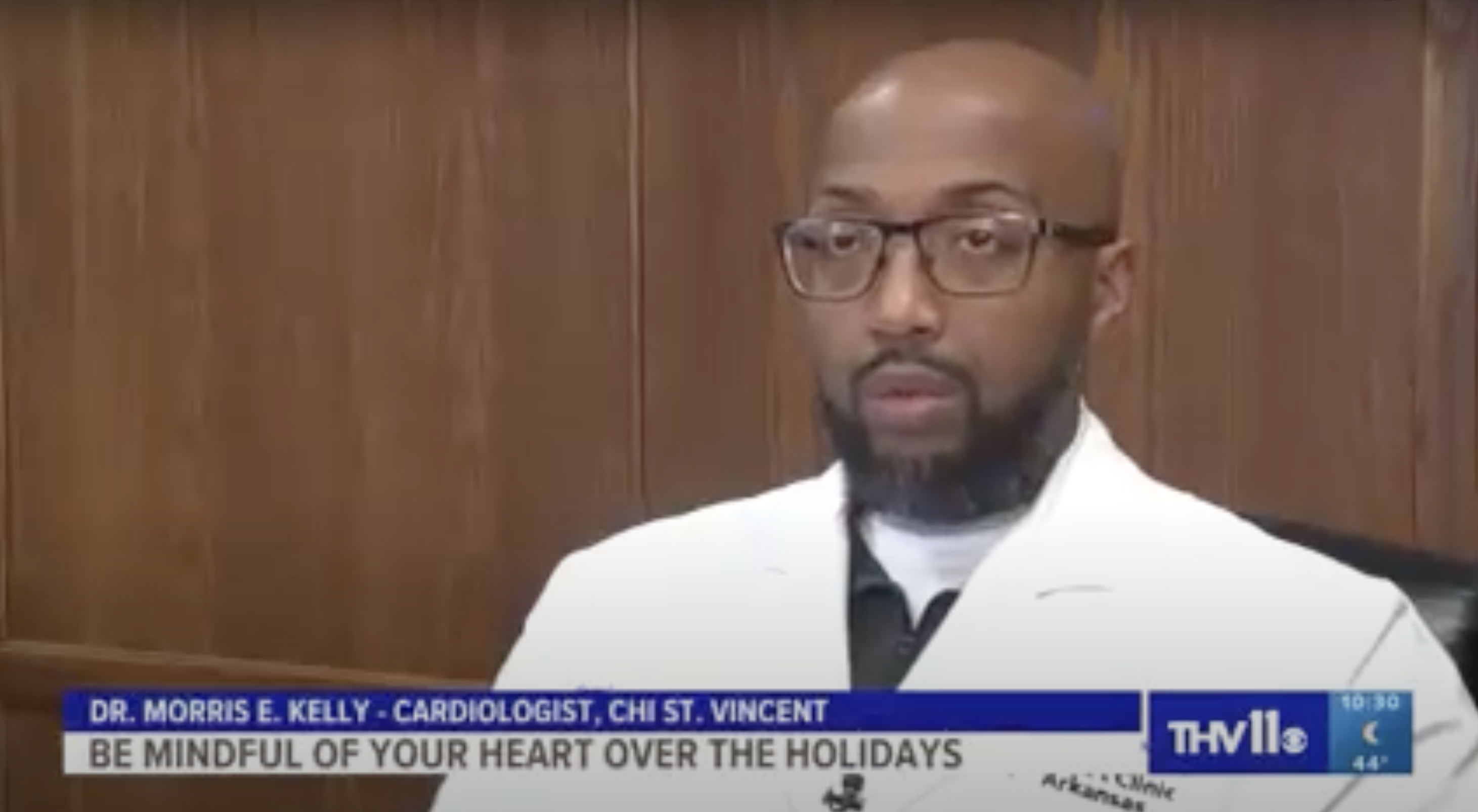
Dr. Morris Kelley, CHI St Vincent Heart Institute cardiologist, discusses how the stress of the holidays can lead to potential heart attacks.
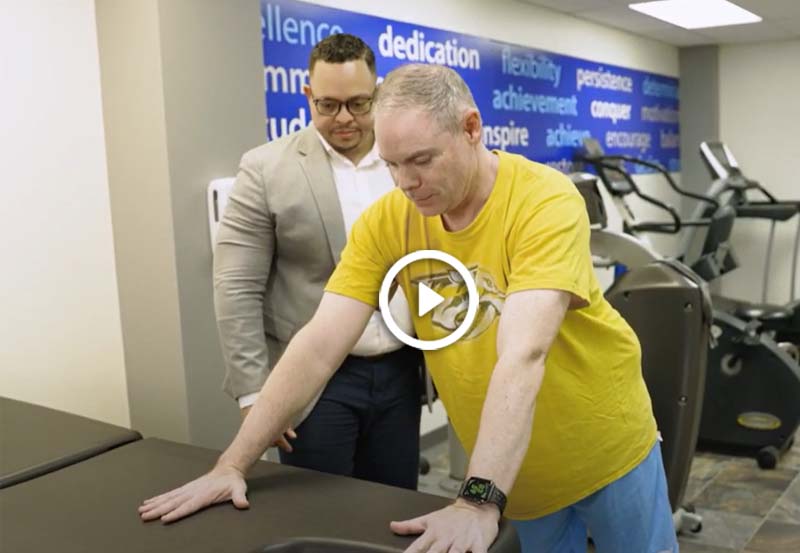
Sitting at a desk all day long can easily lead to stiff muscles and joints, which are susceptible to injuries. But Central Arkansas Rehab Manager Dejuan Daniel says there are many ways to keep yourself strong and flexible, even in a small office setting.

Sudden cardiac arrest (SCA) is the medical term for the sudden loss of heart function. It’s different from a heart attack and often occurs without warning.

If you are experiencing holiday stress, you are not alone! We cannot always predict when negative stress might present itself. The good thing is that holiday stress is very predictable.
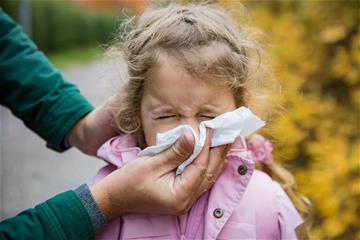
Coughing and sneezing - it's the sound of the holiday season. During fall and winter months, we see an uptick in viruses, and this year is no different.
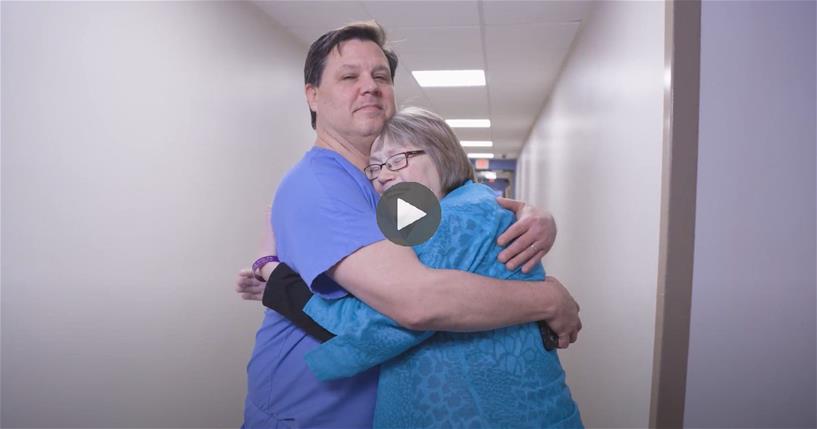
A CHI St. Vincent shares her heart health testimony including how she almost put her life in danger by pushing aside her symptoms.

Diabetes is a disease that occurs when your blood glucose, also called blood sugar, is too high. Diabetes can damage the eyes, kidneys, nerves, and heart, and it is linked to some types of cancer.
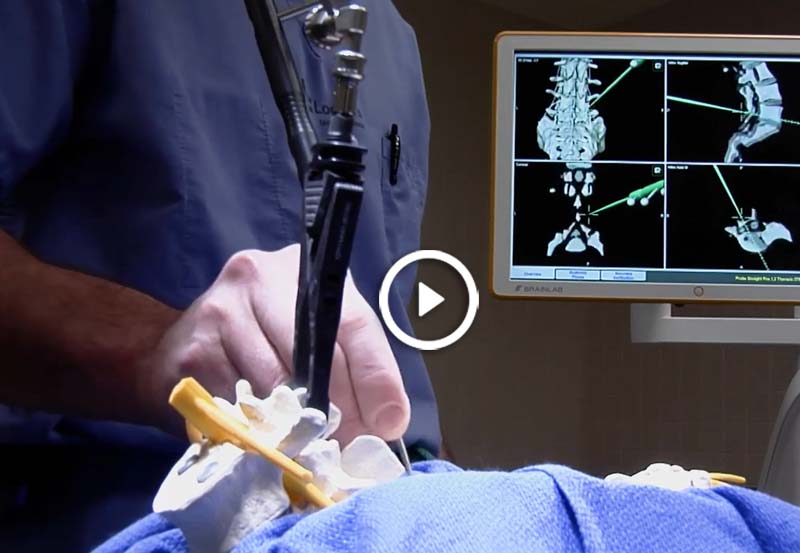
For many back problems involving just one pinched nerve or one bulging disk in the spine, we offer a minimally invasive surgery that will allow for a short hospital stay, fast recovery, and quick return to work and life.

Can showing gratitude actually help in reducing our stress? It turns out, by being appreciative, we can actually decrease our cortisol level (stress hormone) which in turn decreases our stress.
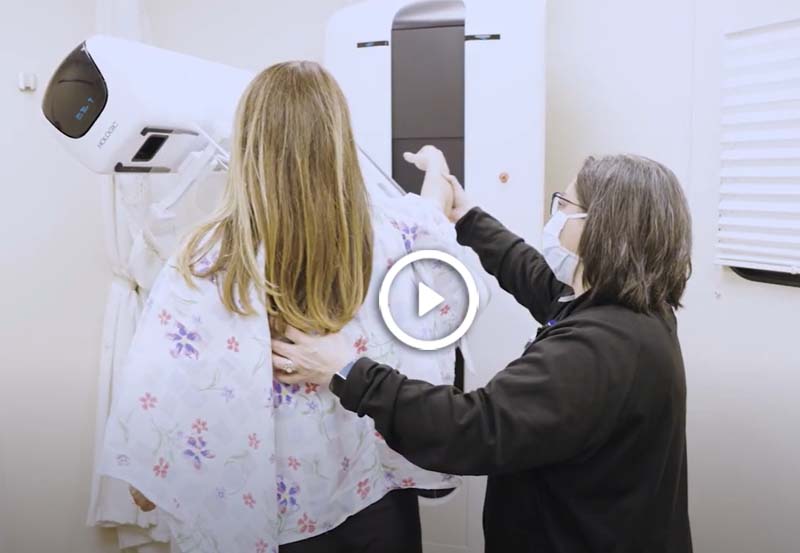
Symptoms of breast cancer are different for each person, and in some cases, even invisible or nonexistent. That's why mammograms are so important!

Here are the five truths every woman should know about breast cancer.
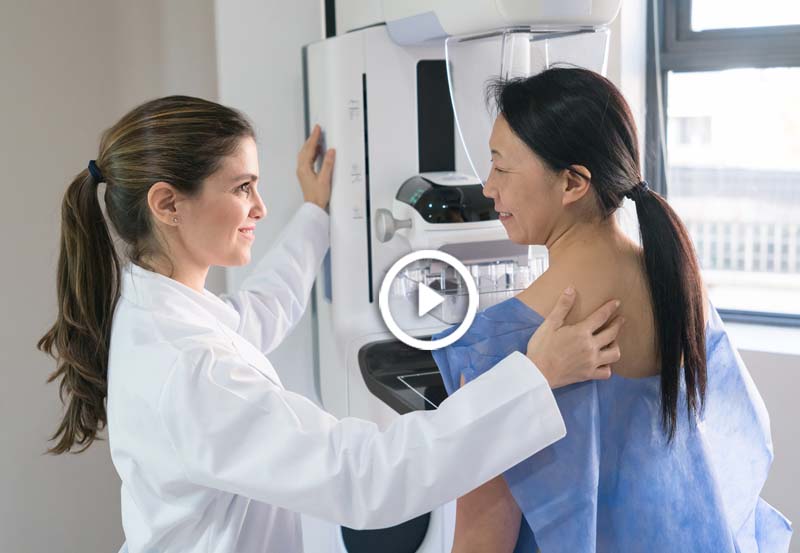
3D mammography allows doctors to detect breast cancer early, which can lead to better outcomes for the patient.
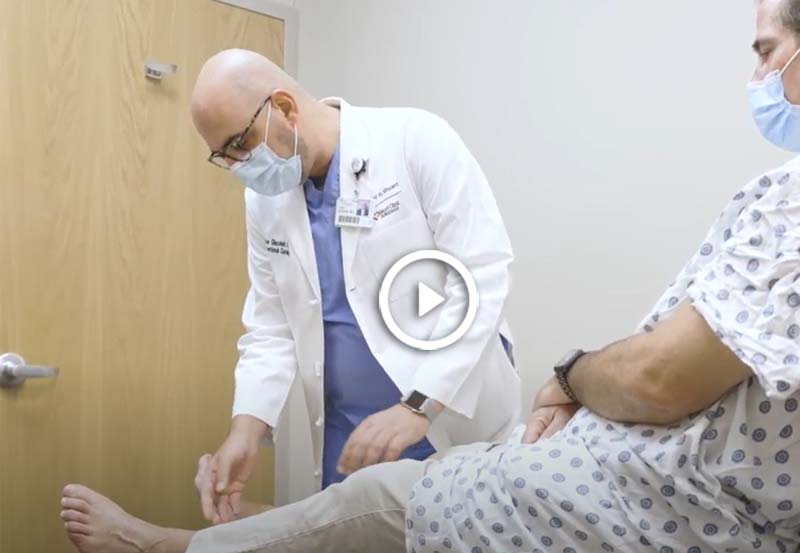
Many people have a condition called peripheral artery disease (PAD) and they don’t even know it.

Our minds and bodies inevitably change with age. Though reversing the aging process is currently impossible, taking care of your physical health can help slow the process.
.jpg?sfvrsn=6717ed05_2)
Ovarian cancer isn’t a single disease–it’s a group of diseases originating in the ovaries. Ovarian cancer is unique, complex, and often misunderstood. Its symptoms can be vague, making detection challenging.
